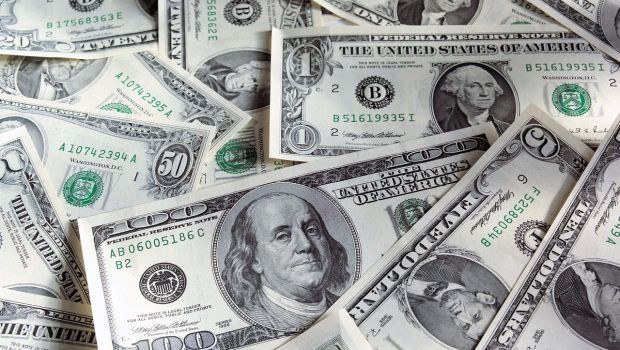
Law enforcement officers in Moldova and Latvia have tracked down at least $20 billion in dirty money. They believe the real total may be as high as $80 billion. Not all of those involved in the Laundromat have been identified, The Guardian reports.
The scheme was ingenious. In many cases, it involved fictitious companies. Most were registered in London at Companies House. Typically, company A “loaned” a large sum of money to company B. Other businesses in Russia – fronted by Moldovans – would then guarantee these “loans”. Company B would fail to return the “money”. Moldovan judges would authenticate the “debt”, allowing Russian companies to transfer real money to a bank in Moldova. From here, the cash went to a bank in Latvia, inside the EU.
Read alsoDirty Russian money buying influence in EU, MEPs warnAt least 19 Russian banks. One of them was the Russian Land Bank (RZB). It laundered $9.7 billion. From accounts in Russia, money was sent to other accounts at Moldindconbank in Moldova. From there it was transferred to Trasta Komercbanka, in Latvia’s capital, Riga. In Moldova, 15 judges are awaiting trial, together with 10 senior bank managers, central bank officials and four bailiffs. All face money-laundering charges. Ukrainians and Moldovans appear in the scheme too, typically as “directors” of fake UK companies. Most had no clue they were frontmen for a major international scam.
The $20bn went via the global financial system to 96 countries. That includes bigger nations such as the US, UK, Germany, France and China, and smaller ones like Slovenia and Taiwan. The money flowed through 21 hub companies, with names such as Seabon and Valemont Properties Ltd. The majority were registered in the UK and made brief annual records. Some were based in Cyprus, an EU island with Moscow ties. Their owners or beneficiaries are hidden behind a network of shadowy offshore administrators.
The Laundromat functioned as a giant shadow banking system. At the top were a number of users and super-users, all impeccably connected to the Russian elite. Some Russian businessmen importing goods into Russia used the scheme unwittingly. They hired third-party logistics companies to deal with Russian customs. These freight forwarding firms made heavy use of the Laundromat. There are suspicions that well-connected bureaucrats took a cut.
Read alsoReuters: Lithuania found Russian spyware on its government computersMoldova, Latvia and possibly Russia are investigating into the scheme. Investigators have spent months assembling bank records and chasing down complex money trails. In 2014 two officers from Russia’s FSB spy agency visited detectives in Moldova. They took away records. It is unclear if this was a genuine investigation or an attempt to discover how much the Moldovans knew. Probably the latter. This month Moldova said its diplomats were being “treated abusively” whenever they entered Russia. Moldova linked this harassment by Russian security services to its ongoing Laundromat investigation. It said Russian law enforcement was “totally uncooperative”.

